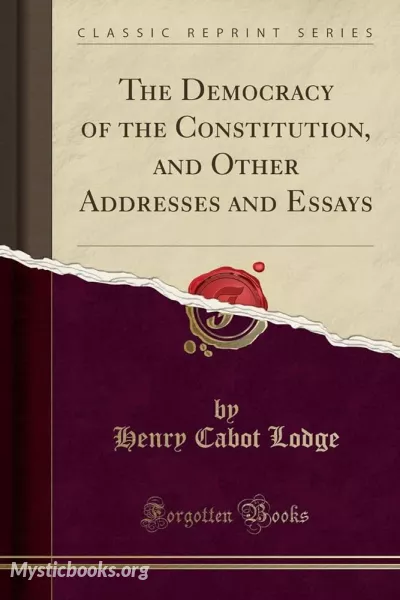
The Democracy of the Constitution, and other Addresses and Essays
'The Democracy of the Constitution, and other Addresses and Essays' Summary
Henry Cabot Lodge's book The Democracy of the Constitution, and other Addresses and Essays is a collection of essays on a variety of topics, including the history of the United States Constitution, the role of the Senate, and the importance of education. However, the central theme of the book is the nature of democracy and the role of the Constitution in safeguarding the rights and liberties of the American people.
Lodge was a Republican senator from Massachusetts who served in the late 19th and early 20th centuries. He was a staunch defender of the Constitution and a believer in the importance of limited government. In his essays, Lodge argues that the Constitution is a blueprint for a self-governing people, and that it is essential to uphold its principles in order to preserve the American experiment in democracy.
Lodge begins his book by tracing the history of the Constitution and explaining its key principles. He argues that the Constitution is a unique document that was designed to protect individual liberty and to limit the power of government. He also argues that the Constitution is a living document that must be interpreted and applied in light of changing circumstances.
Lodge then goes on to discuss the role of the Senate in American government. He argues that the Senate is the most important branch of government because it is responsible for confirming presidential appointments and ratifying treaties. He also argues that the Senate is essential to protecting the rights of the states and to ensuring that all Americans have a voice in their government.
In the final section of his book, Lodge discusses the importance of education in a democracy. He argues that education is essential for citizens to understand their rights and responsibilities, and to participate effectively in government. He also argues that education is essential for economic prosperity and social progress.
Lodge's essays are both timely and timeless. They offer insights into the challenges facing democracy in his own day, and they continue to be relevant today. His writing is clear and concise, and his arguments are persuasive.
The Essence and Spirit of the Book
The essence and spirit of Lodge's book is captured in the following quote from his essay "The Constitution":
"The Constitution is the foundation of our government and the bulwark of our liberties. It is the supreme law of the land, and all other laws must be in conformity with it. The Constitution is not a perfect document, but it is the best that has ever been devised for the government of a free people."
Lodge's book is a celebration of the Constitution and the American experiment in democracy. He believes that the Constitution is the key to preserving individual liberty and limited government. He also believes that education is essential for citizens to participate effectively in democracy.
Conclusion
Henry Cabot Lodge's The Democracy of the Constitution, and other Addresses and Essays is a must-read for anyone interested in the history and principles of American democracy. It is also a valuable resource for students of government and politics. Lodge's essays are both timely and timeless, and they offer insights into the challenges facing democracy in our own day.
Book Details
Language
EnglishOriginal Language
EnglishPublished In
1915Genre/Category
Tags/Keywords
Authors
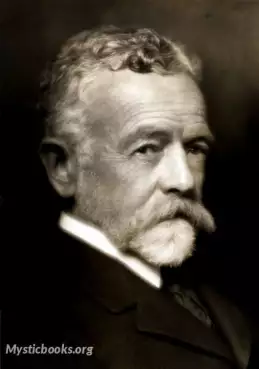
Henry Cabot Lodge
United States
Henry Cabot Lodge Sr. was an American Republican politician, historian, and statesman from Massachusetts. He served in the United States Senate from 1893 to 1924 and is best known...
Books by Henry Cabot LodgeDownload eBooks
Listen/Download Audiobook
- Select Speed
Related books
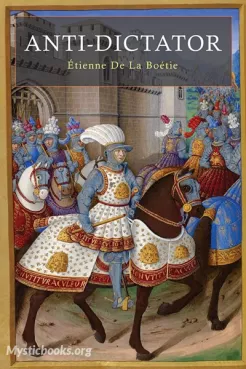
Anti-Dictator: The Discours sur la servitude voluntaire by Étienne de La Boétie
It is a book about the fight against dictatorship and tyranny. It was written by Étienne de La Boétie in the 16th century, and it remains an important...

On War (Volumes 2 and 3) by Carl von Clausewitz
On War, specifically Volumes 2 and 3, delve deeper into Carl von Clausewitz's comprehensive analysis of warfare. It examines the relationship between...
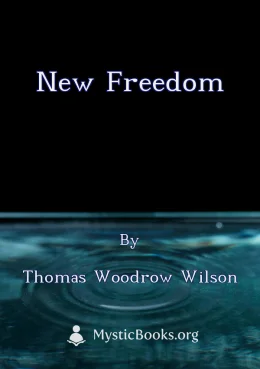
New Freedom by Thomas Woodrow Wilson
Published in 1913, *New Freedom* is a collection of speeches and essays by Woodrow Wilson, then President of the United States. Wilson, a leading figu...
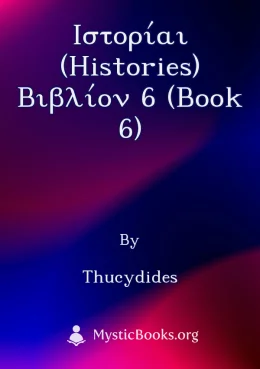
Ιστορίαι (Histories) Βιβλίον 6 (Book 6) by Thucydides
Thucydides' Histories is a seminal work of historical scholarship and a cornerstone of Western literature. Written in the 5th century B.C., it chronic...

Cynic Looks At Life by Ambrose Bierce
In *A Cynic Looks at Life*, Ambrose Bierce offers a biting and insightful collection of essays that dissect various aspects of human existence. Throug...
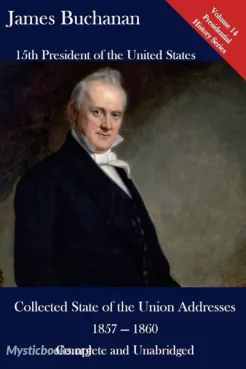
State of the Union Addresses by United States Presidents (1857 - 1860) by James Buchanan
In the annals of American history, few presidencies have been as controversial and consequential as that of James Buchanan. As the nation teetered on...

Why is the Negro Lynched? by Frederick Douglass
We have felt that the most fitting tribute that we, of the Anti-Caste movement, can pay to the memory of this noble and faithful life is to issue broa...
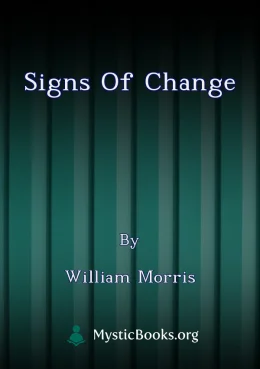
Signs of Change by William Morris
Signs of Change is a collection of talks and writings by William Morris, a famous artist and poet associated with the Arts and Crafts movement. In the...
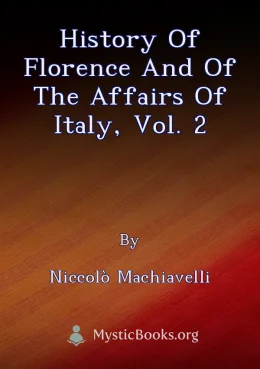
History of Florence and of the Affairs of Italy, Vol. 2 by Niccolò Machiavelli
Machiavelli's *History of Florence* is a detailed account of the city's political and social evolution from its origins to the early 16th century. It...
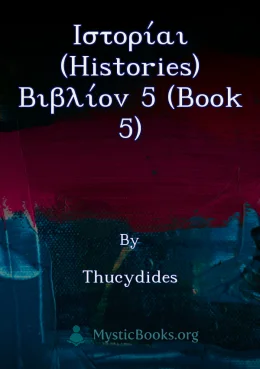
Ιστορίαι (Histories) Βιβλίοv 5 (Book 5) by Thucydides
Thucydides' *Histories* is a seminal work of ancient Greek history, focusing on the first twenty years of the Peloponnesian War, a conflict between At...
Reviews for The Democracy of the Constitution, and other Addresses and Essays
No reviews posted or approved, yet...